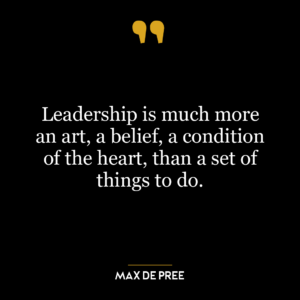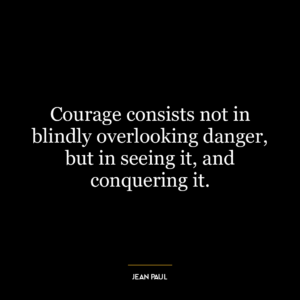This quote emphasizes that a leader’s quality is mirrored in the standards they set for themselves. It suggests that a leader’s personal expectations, discipline, and commitment to excellence are reflected in their leadership style. When a leader sets high standards for themselves, it not only pushes them to strive for excellence but also inspires those around them to do the same.
The standards a leader sets for themselves can be seen in their actions, decisions, and the way they handle situations. If a leader is committed to integrity, for example, they will make ethical decisions, even when it’s difficult. If they value hard work, they’ll be the first to arrive and the last to leave. This personal standard then sets a benchmark for their team, influencing their behavior and work ethic.
Applying this idea in today’s world, leaders in any field, whether it’s politics, business, or even in a family setting, need to set high standards for themselves. They need to be role models, exemplifying the qualities they wish to see in others. If a leader wants their team to be punctual, they must first ensure they are never late. If they want their team to be innovative, they must foster an environment that encourages creativity and out-of-the-box thinking.
In terms of personal development, this quote suggests the importance of self-improvement and setting personal standards. If you aspire to be a leader, you must first define what kind of leader you want to be and establish the standards that will guide your actions. This could mean committing to lifelong learning, maintaining a strong work ethic, or fostering empathy and understanding. By setting these standards for yourself, you not only improve as an individual but also become a better leader.
In conclusion, the quality of a leader is indeed reflected in the standards they set for themselves. It’s a reminder that leadership begins with self, and the standards one sets for themselves ripple out to influence those around them.








